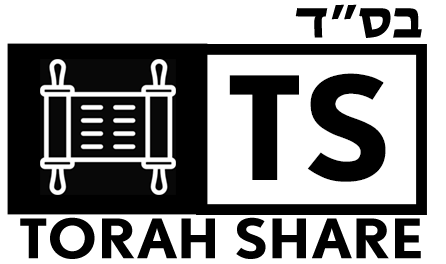“Thou shalt not harden thy heart, nor shut thy hand from your needy brother; surely open thy hand to him.” — Deut. 15:7-8
The Talmud teaches: “Tzedaka [commonly translated as charity] saves from death.” When we need an incredible influx of life force — because we are facing impending physical death or impending spiritual death, the act of giving to charity can be one of the most powerful antidotes. Why should giving a few coins have the power to save a person’s life? Why is Tzedaka such an incredible connector to life, blessing and abundance?
To begin with Tzedaka is really not charity. Charity is doing something you don’t have to do because you are being nice. You don’t feel an obligation to give, but you want to be nice, so you’ll give a few coins. That’s what charity is, but that’s not really Tzedaka.
Tzedaka really means “justice.” According to justice, you must help someone who has less than you. It’s not giving because you feel like giving, and want to think of yourself as sweet and generous. Tzedaka is an obligation.
By giving out of Tzedaka, out of justice, we justify our existence. Without giving, there’s no reason to exist. Only by being contributing members of a community do we acquire worth. Tzedaka justifies our existence by demonstrating that we are a part of a community in service of a greater reality. At the same time, we recognize that what we are giving is not really our own. It’s all G-d’s wealth. We’re just passing it on.
Torah teaches that we are responsible to acknowledge — in thought, speech and action — the blessings of life’s spiritual wealth and pass them on to the world. And Tzedaka fulfills that function. We give each to each, because we are all members of a community. Our higher purpose in being part of a community is to acknowledge G-d as the source of all life and goodness and thereby enjoy the opportunity of being a channel for the presence of G-d into this world. The simple act of living Tzedaka accomplishes that in an instant.
Winston Churchill once said, “We make a living by what we get, we make a life by what we give.” Tzedaka is not being nice. Tzedaka is being honest. You are saying, in effect, “It’s not my money. It’s for me to pass it on. And the more I give away, the more I’m going to get.”
Now, if you can’t give it away, it’s because you think it’s yours and you are the source of your wealth. When you know that it’s not yours, that it’s only entrusted to you, you have no difficulty in passing it on.
A stingy person is like a wire trying to hold on to electricity. But isn’t that crazy? Why would a wire want to hold onto electricity? Its whole purpose is to pass it on, to be a conductor of electricity. That’s why a wealthy person is not a person who has a lot. A wealthy person is a person who gives a lot. A person who gives a lot understands that he is plugged into the source of all wealth. G-d is the source of blessing and wealth. The more conscious a person is of G-d as the source of wealth, the more he can become a vehicle to channel wealth into the world. But when a person holds onto money, thinking, “It’s my money. It’s just for me,” eventually he will lose his wealth. Maybe he won’t lose his money literally, but he will lose the blessing of that money. That’s why when people who are experiencing financial difficulties seek the advice of a rabbi, often he will tell them, “Give more Tzedaka.” It may sound odd. Here a person is struggling, unable to make ends meet, and the solution is to give what little he has away? But it works, because by letting it flow out one end, new resources flow in the other end.
A wealthy, very generous man named Joe Berman once told me something which made a deep impression on me. He said, “Very often, when people go through bad times, they ask, ‘Why me?’ Well, why don’t people, when they go through good times, ask, ‘Why me?’ My whole life, I’ve been blessed with good times, and I’ve always asked, ‘Why did it come to me? What am I supposed to do with it?’ Because I could see that it certainly wasn’t coming in just to make me rich.”
Very wise advice. We all have to ask ourselves this same question: “Why me? If I have this money, why me?”
If you are interested in more readings and videos from this Rabbi please visit this YouTube Channel: https://www.youtube.com/c/RabbiDavidAaron
If you are interested in receiving these Torah-Share.com posts via email please subscribe here: https://torah-share.com/subscribe/
